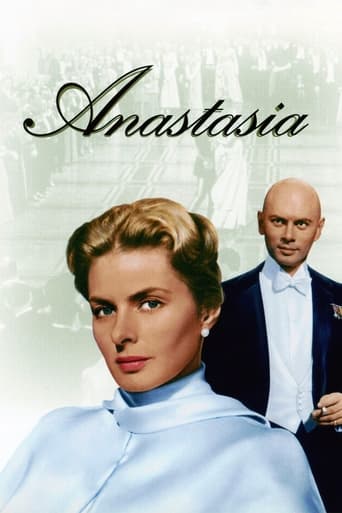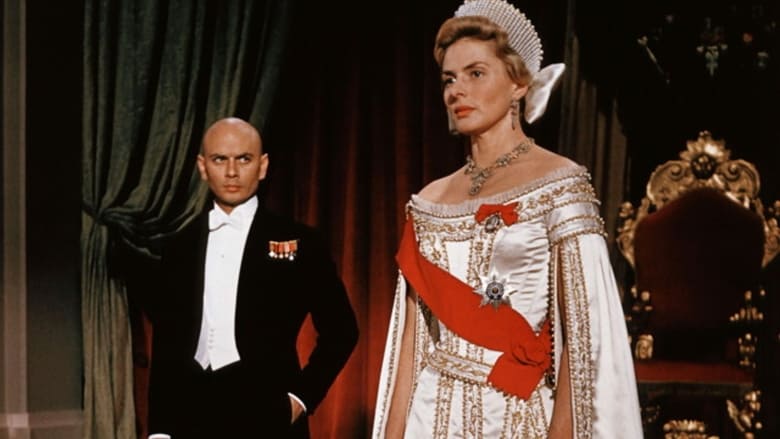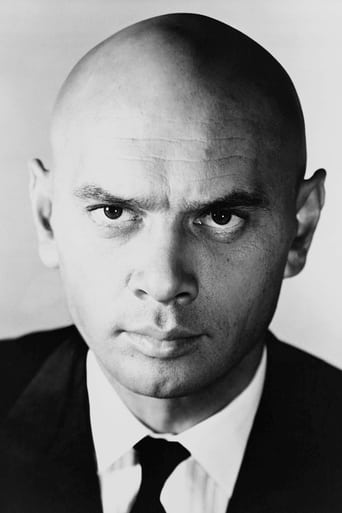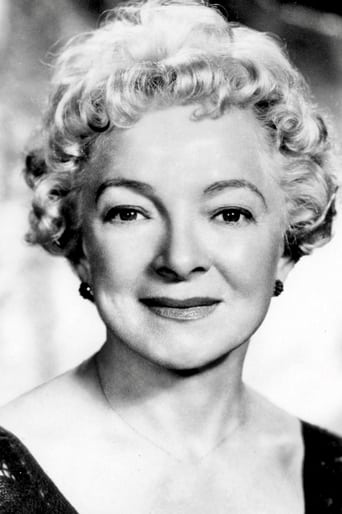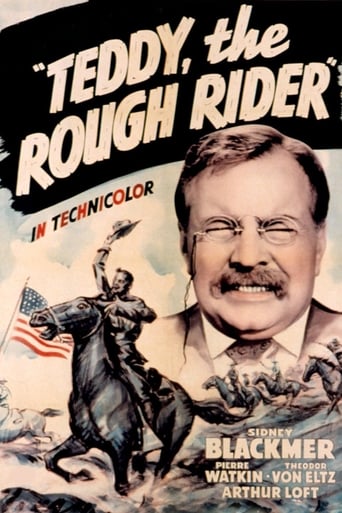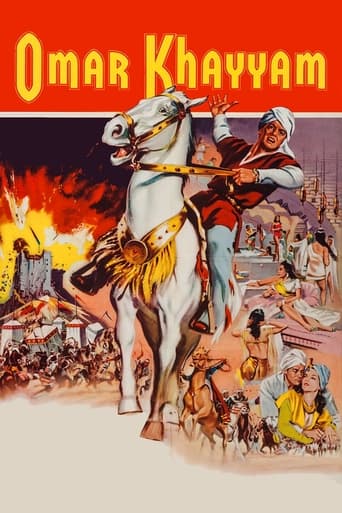Anastasia (1956)
Russian exiles in Paris plot to collect ten million pounds from the Bank of England by grooming a destitute, suicidal girl to pose as heir to the Russian throne. While Bounin is coaching her, he comes to believe that she is really Anastasia. In the end, the Empress must decide her claim.
Watch Trailer
Free Trial Channels
Cast


Similar titles
Reviews
Self-important, over-dramatic, uninspired.
good back-story, and good acting
It's fun, it's light, [but] it has a hard time when its tries to get heavy.
The best films of this genre always show a path and provide a takeaway for being a better person.
This was different than I thought in that I thought it would be a musical. I think I had this confused with "The King And I". I thought they were made by the same creator, but I believe I'm wrong. I was aware of the death of Nicholas II of Russia and his family. I had no idea there were actually real people who claimed to be his daughter Anastasia or even thought they were. This movie features an amnesiac who meets these people who want her to impersonate Anastasia.The best scenes are when she's talking to the real Anastasia's grandmother. It's here that we're not really sure if she is the real Anastasia or not. I'm fairly certain the real one was proven to be dead. I will admit that the ending was really abrupt. That really could have been handled better. While not one of the best movies ever made, it certainly looks nice with a great performance from Ingrid Bergman. ***
. . . (in which a ragtag group of society's "losers" decided to test whether Darwin's Survival of the Fittest applied to human beings) serves as the historical context for ANASTASIA. In 1918 the Russian serfs rounded up their God-appointed czar, his extended family, and a few hundred thousand of their closest friends--and shot them all in the head. "Natural Selection" bred this "privileged" class--the few survivors of which comprise the characters of ANASTASIA--up to the top of the food chain, but the peasant firing squads quickly lopped off their pyramid's pinnacle. Ingrid Bergman's and Yul Brynner's characters both straddle the fence between the dead nobility and the live serfs for the first 100 minutes of ANASTASIA. In the last five minutes they decide to go off Serfing together, which is Hollywood's final answer to the American Experiment known as the U.S. Congress. Despite the Russian peasants proving that Darwinism did NOT apply to humans, Congress persisted in acting otherwise well into the 21st Century. In its hubris, it banned Bergman from Hollywood for eight years on "morals" charges (which is like the sewer pointing out a small spot on the bathroom rug), while also blacklisting the top Hollywood screenwriters for questioning Classical Darwinism (which mandates that America be governed on a "one dollar, one vote" basis, as opposed to the democratic ideal of "one person, one vote"). The brave cast and crew of ANASTASIA flipped the bird at the U.S. Congress in 1956. Maybe American voters will finally catch up with Hollywood in 2014.
"Anastasia" is not a film for everyone. Those who insist on historical accuracy in films depicting real people and events would do best to stay away from the movie house altogether. "Anastasia," however, is not exactly about real people, although it does incorporate the lives of real humans and parallels with their true stories to depict a compelling "what-if" scenario and this is incredibly effective, even after DNA tests have revealed that "Anna Anderson" was definitely not Anastasia Nikolavena Romanov but instead, in all likelihood a Kashubian factory worker. (I am unaware whether she ever used the name "Anna Koreff.")As a matter of fact, those who are familiar with the real story are in for an even grander treat. We are thrown into 1928 Paris with a brief shot of this wretched madwoman at Russian Easter, lonely and rejected outside the Russian Orthodox Cathedral and on the brink of suicide, and we are definitely prepared to think of see as the impostor that "Anna Anderson" was. Yet as the film progresses, we are shown a woman quite literally without any past. Michael Thornton opined of the real "Anna Anderson," "Somewhere along the way she lost and rejected (Kashubian factory worker Franziska) Schanzkowska. She lost that person totally and accepted completely she was this new person."Ingrid Bergman's Anna Koreff, however, is not simply mentally lost: the world has lost her as well. It helps, perhaps, that Bergman is infinitely more convincing as a princess than as a vagabond, and the retrospective certitude of the falsity of "Anna Anderson"'s claim helps to disguise her limits at the beginning of the film when, like Yul Brynner's General Bounine, we are meant to doubt her identity. Bounine creates Koreff's new identity as the Grand Duchess Anastasia, and so effectively that he begins to believe in it himself. But the entirely unsolvable questions remain:Is Anna Koreff Anastasia? Does she actually believe she is Anastasia? More ominously, whoever she is, does she even truly and consciously remember?This piece carefully avoids resolving these questions. On the one hand, the speed and thoroughness with which she slides into her new role is difficult to explain and impossible to deny. On the other hand, the ending (among other things) is cleverly constructed so as to expose her assumed royal identity as a construction. This is not, of course, the real story, and in the post-1900 world, such a thorough and complete break with any sort of past anchor is next to impossible. But if it happened... this may be just how it happened."Anastasia" is above all a beautifully designed film, full of elegance and taste. Ingrid Bergman is as beautiful as the interior architecture against which she assumes her royal identity. Again, it is not a film for everyone: many will have great difficulty connecting and sympathizing with the royal circles and personalities in this tome, but those who are able to understand pre-modern, pre-liberal (c.f. human) sensibilities will love it. Helen Hayes is absolutely perfect and inspiring as the Dowager Empress Maria Feodorovna (it is plain to see how the real Empress was so beloved in her adopted Russia), and her chemistry with Bergman is incredible to behold. The only thing I can find to critique is that the script--and to some extent a steely wall between Bergman and Brynner--does not fully back up the eventual culmination of the relationship between Koreff and Bounine; the conclusion fits quite well thematically but is mildly illogical with regard to the plot. Still, this is a minor complaint, as "Anastasia" is first and foremost a film about identity, and one that will jar and confound its viewers time and again.
Long ago, I found the basic premise of Anastasia captivating; but when I last saw this (in my teens, two decades ago) I was disappointed. Now, much later, I'm impressed to see some on-location photography in Paris. I was less pleased with the filtering of the idea through the romance genre (in the early reels) and the 'prestige production.' Both decisions are usually fatal. But as it proceeds it become smarter, more cynical entertainment than the usual offerings of the 50s, and although dated Bergman can certainly act.It doesn't generate a shred of anticipation over whether Bergman is Anastasia, but other merits make up for that. The DVD commentary from Sylvia Stoddard a scholar of Russian history is very appreciated when she's poring over history, less so when she's gushing about the movies acheivements.Martita Hunt who played Miss Havisham in David Lean's Great Expectations has a large role.

